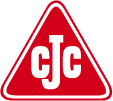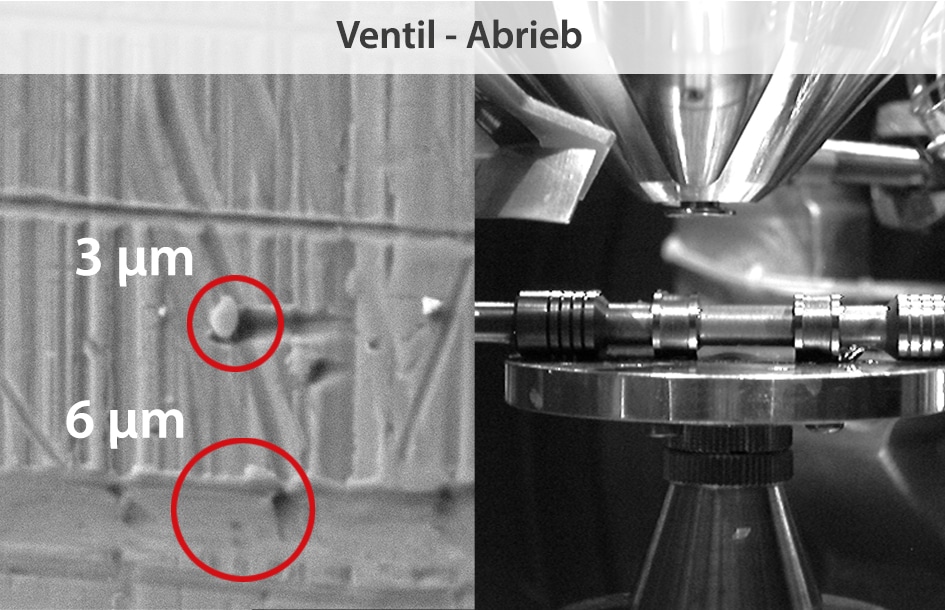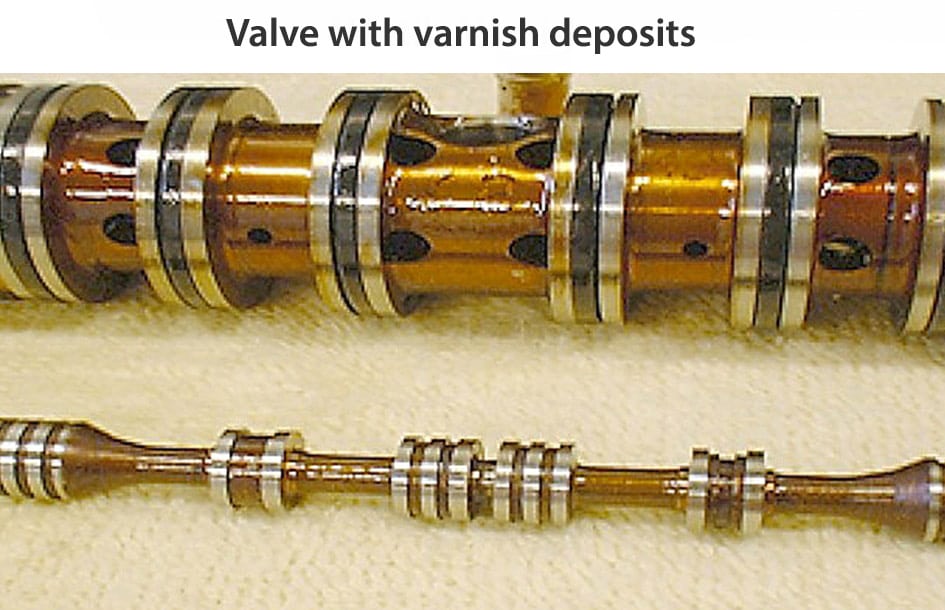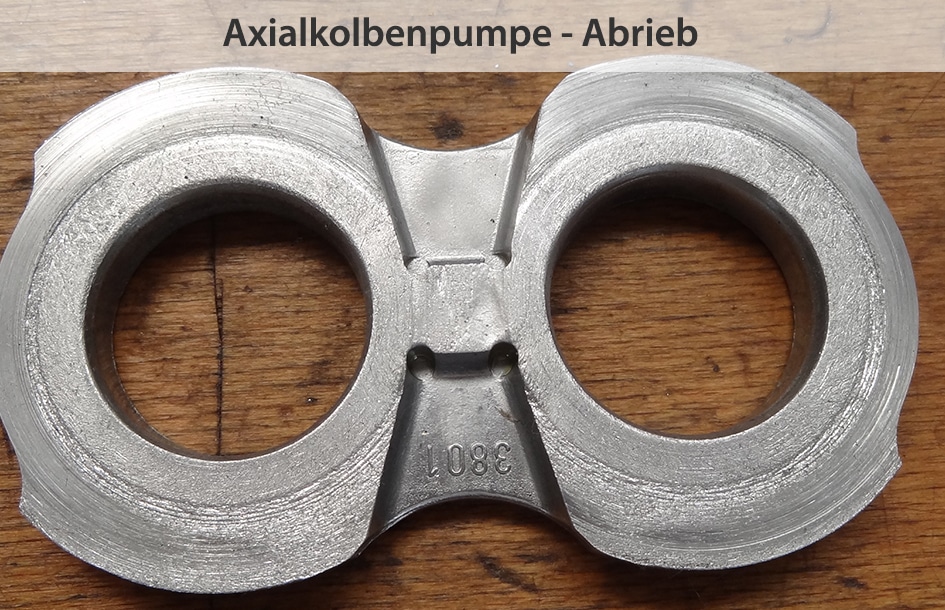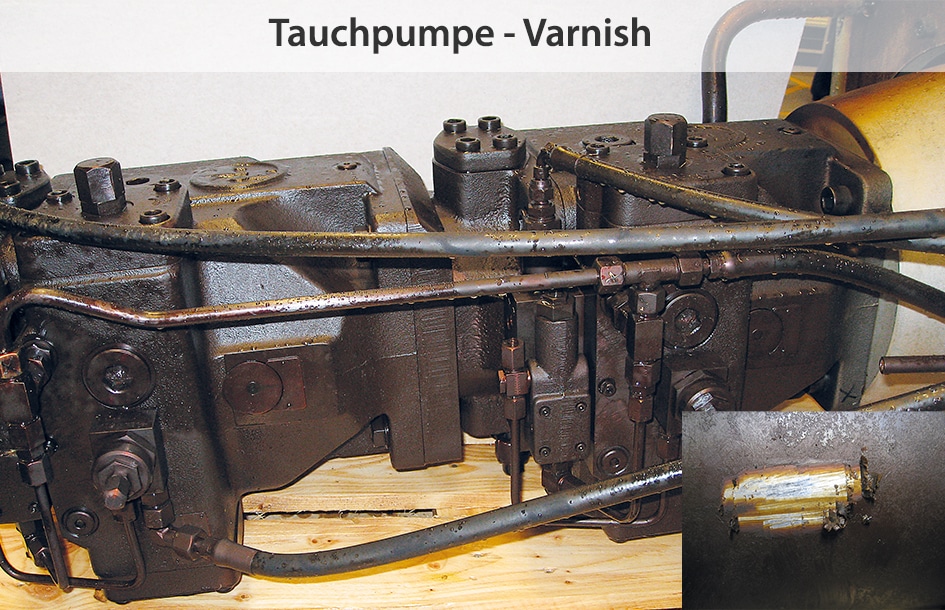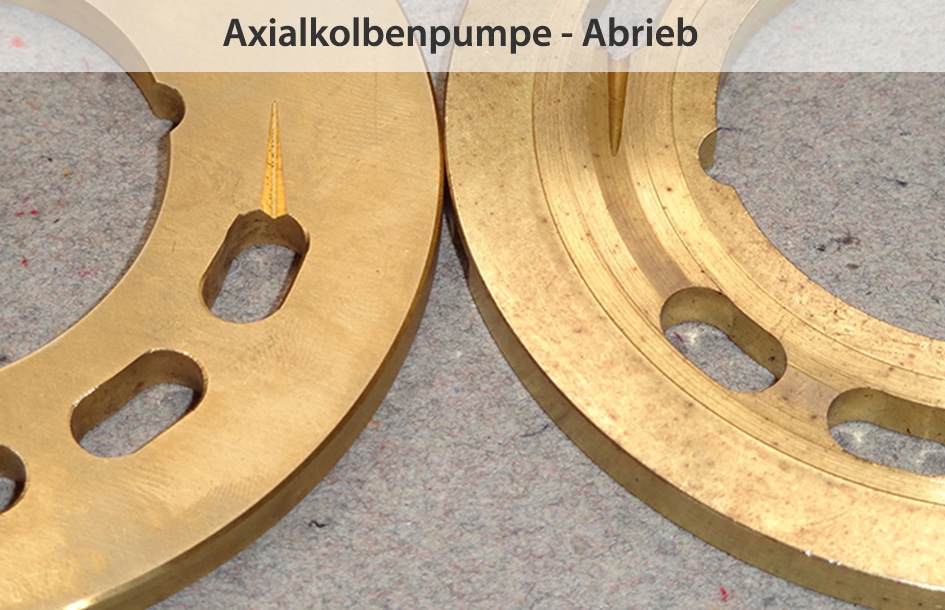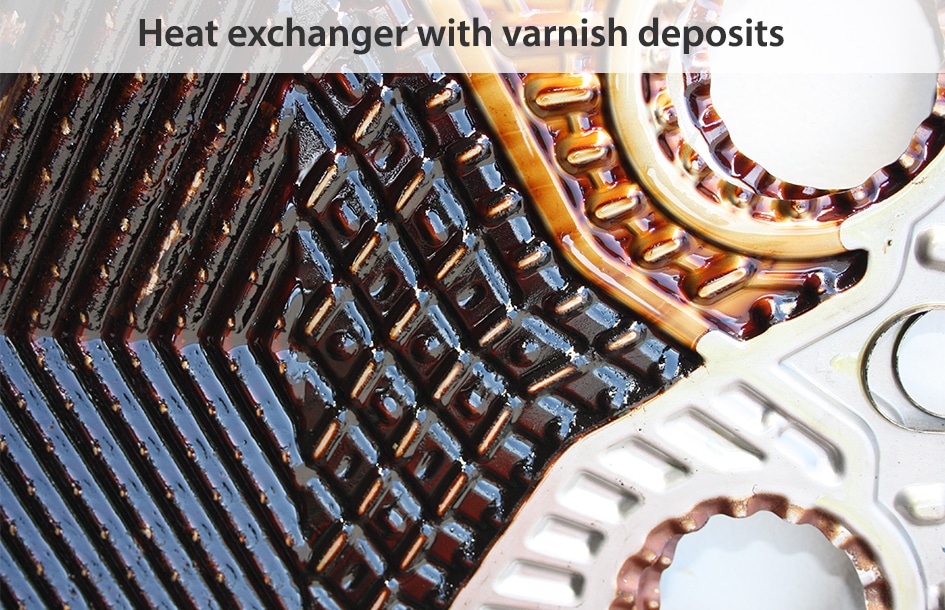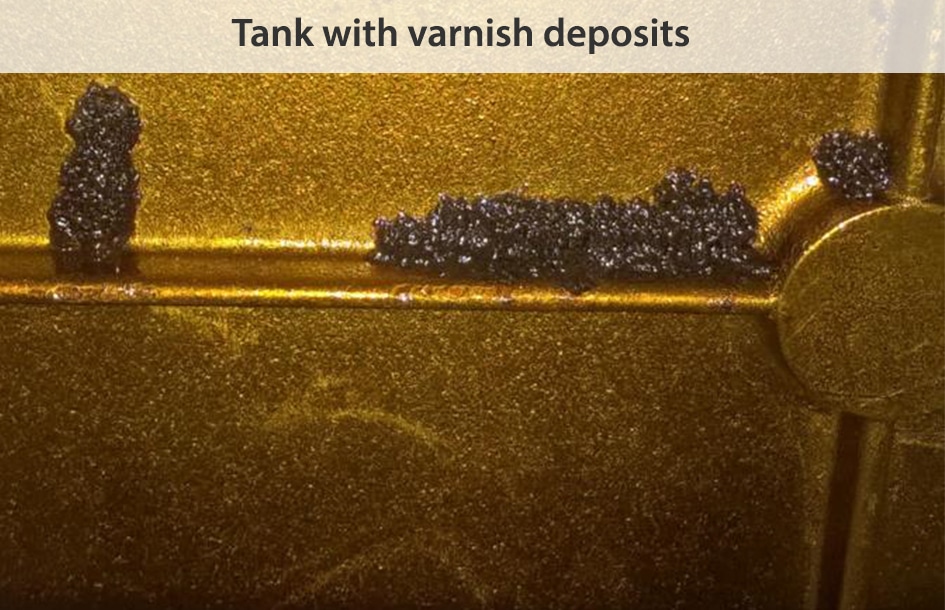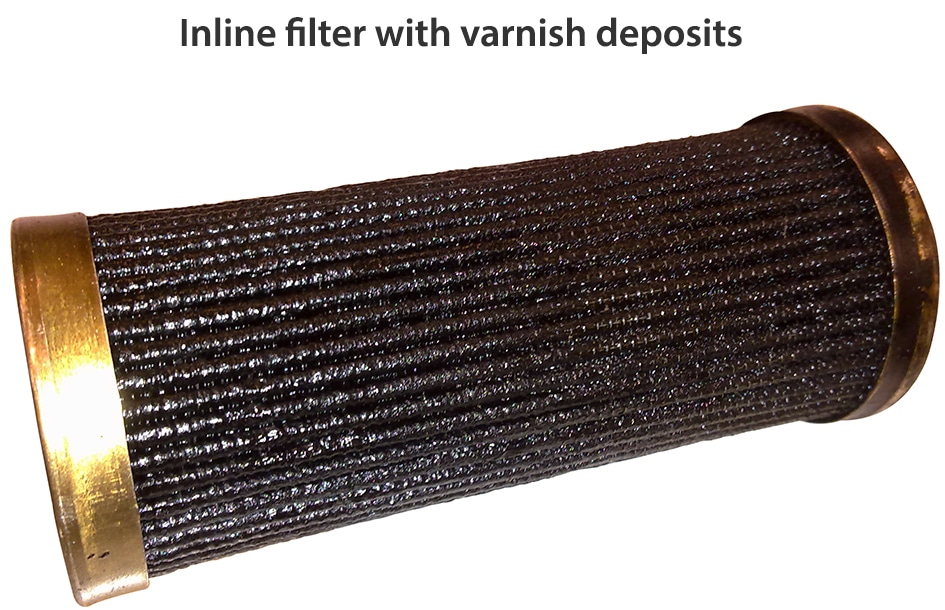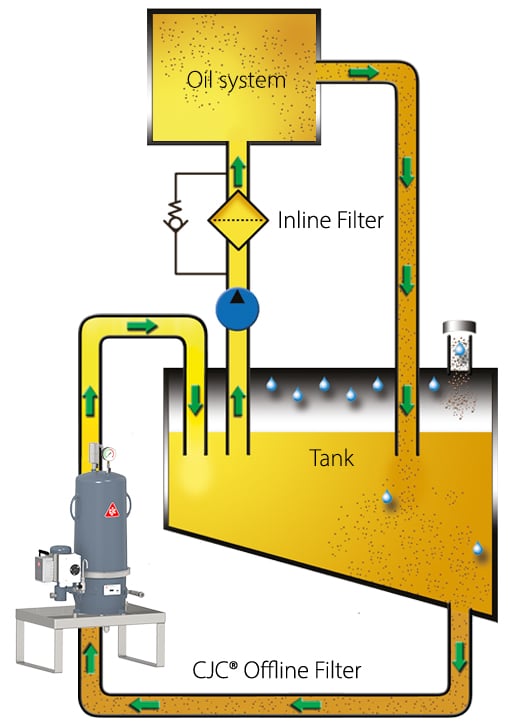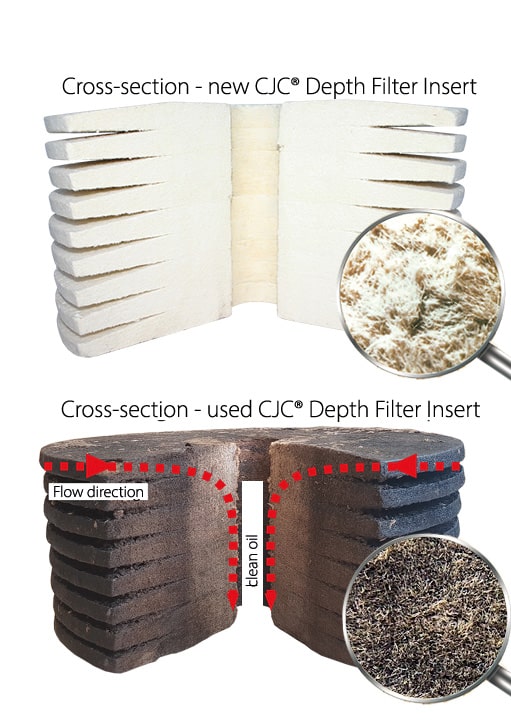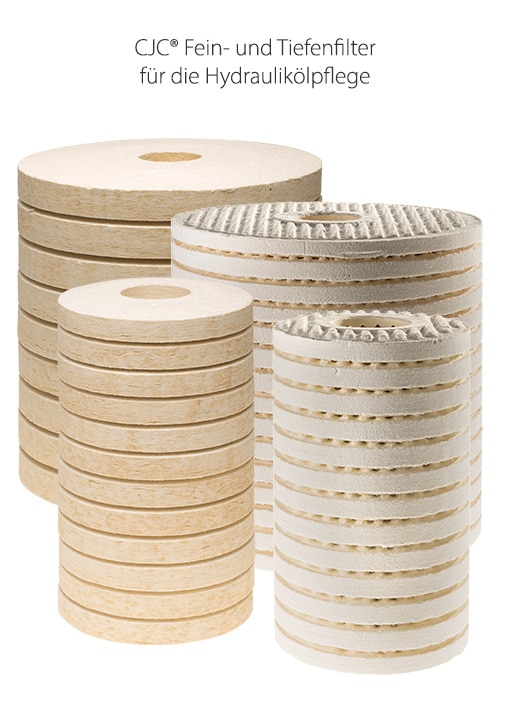How you can quickly and easily maximize the life of hydraulic oil, pumps, valves and cylinders
Hydraulic oil filtration in the maritime industry: CJC® Hydraulic Filter for highest oil cleanliness
How you can quickly and easily maximize the life of hydraulic oil, pumps, valves and cylinders
Hydraulic oil filtration in the maritime industry: CJC® Hydraulic Filter for highest oil cleanliness
Filtration and maintenance of hydraulic oil is extremely important for cranes, excavators, winches, hatches and ramps if you …
Challenge
Particles and water lead to a high degree of contamination and accelerate oxidation processes and additive consumption. This affects viscosity, lubricating film thickness, shear forces, air separation capacity and the wear protection properties of the hydraulic oil – important oil condition values that decide on an oil change. Particles and water in the oil, followed by oil ageing and choosing the wrong type of oil, are considered the critical few causes that cause the most damage. They cause abrasive wear, fatigue wear, corrosion, cavitation, varnish, sludge- and resin-like deposits (valves, main flow filters, tank, pipelines, etc.) and lead to acidification of the oil and thus to further corrosion. A vicious circle.
The cleaner and drier the hydraulic oil, the more stable the oil condition values and longer the oil life — and the longer the service life of components
Damages and consequences of contaminated hydraulic oil
Your solution: efficient hydraulic oil care
Efficient hydraulic oil care means continuously removing particles, water, oxidation residues and acids from the hydraulic oil (24/7). Fact is, only with permanently clean and dry hydraulic oil you …
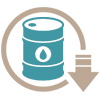
Less oil consumption
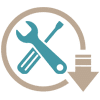
Less maintenance

Higher reliability

Better protection of resources
CJC® Hydraulic filter for efficient hydraulic oil care
Do you have poor cleanliness classes, a high water content and is your hydraulic oil heavily oxidized? Sticky deposits have already formed on pumps and valves? Then install a CJC® Hydraulic Filter for effective hydraulic oil filtration and to protect your hydraulic system. CJC® Hydraulic Filters ensure maximum oil cleanliness in the shortest possible time. Extremely high filter capacities and separation performance make our filter technology a cost-optimized solution.
Contact your maritime technical salesperson now
Let’s talk about your hydraulic systems, your hydraulic oil and the specific challenges. We filter every hydraulic oil. It does not matter whether you use mineral oil or biodegradable hydraulic oil. Together with you, we maximize the service life of the oil filling, pumps, valves and cylinders.
Receive a personal consultation and a non-binding offer about a CJC® hydraulic filter for the efficient care and filtration of hydraulic oil.
Write to me or give me a call.
That say our customers
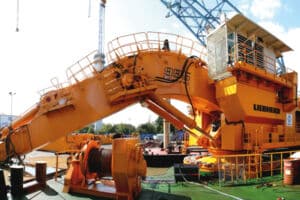
“We are very satisfied with the test results and intend to install further CJC® Hydraulic Filters.”
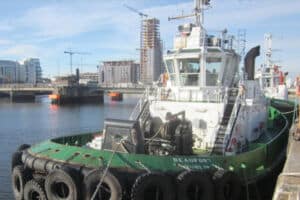
“I would highly recommend talking to CJC®! Especially if you are experiencing any oil condition problems, this system works.”
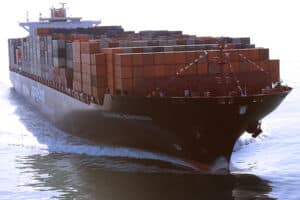
„Only by installing the CJC® Hydraulic Filters can the requirements for the ME hydraulic system be met.“

“The CJC® Hydraulic Filter fulfills what it promises. I would recommend it without hesitation for cleaning a system contaminated with water and particles.“

“In my experience with these systems, I can recommend them without hesitation. “

